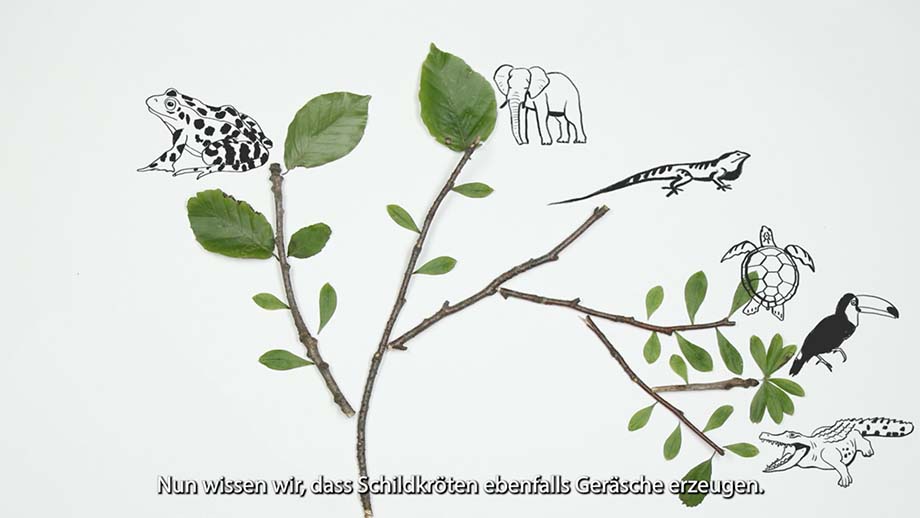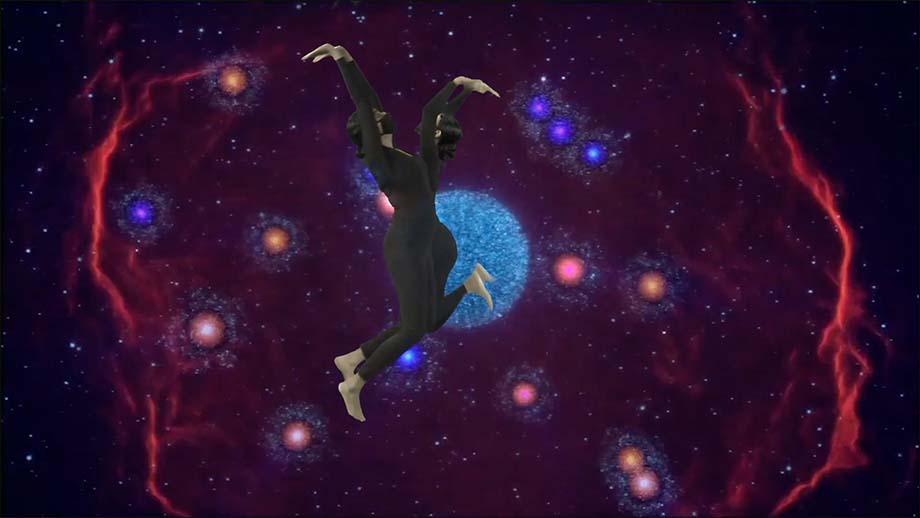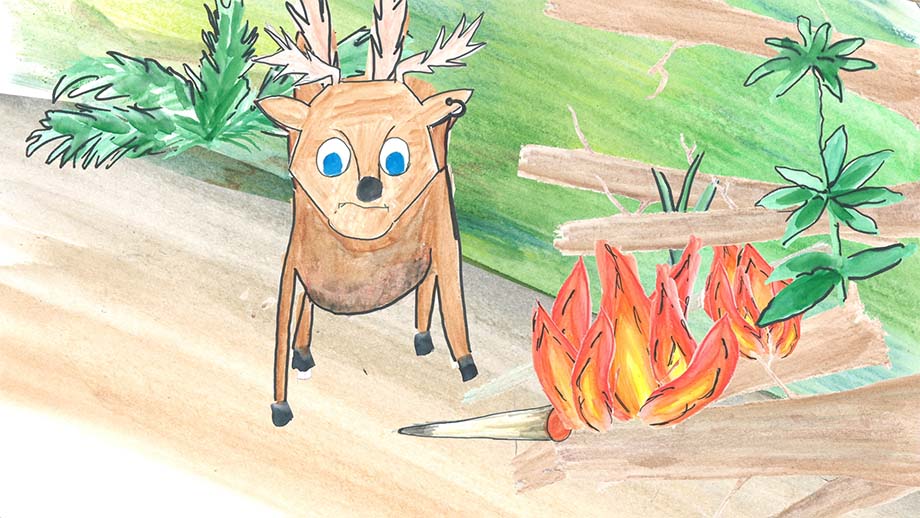The Shortest Distance between Science and Society
For the fourth time in a row, the Swiss Science Film Academy, in cooperation with UZH and ETH Zurich, brings together the public, filmmakers and scientists at the Global Science Film Festival in Zurich. A selection of feature films, documentaries and short films on topics that shape our society will be screened and then discussed. Films produced by Swiss scientists will be shown and nominated in the special category SCIENTISTS-AS-FILMMAKERS. Finally, a jury of filmmakers and scientists will award the “Walking Ibex” to selected films.
Elisabeth Stark, Vice President Research at UZH, is excited about the Global Science Film Festival. “It’s a wonderful opportunity to see science communication skills in filmmaking and storytelling put into practice,” she writes in her welcome address. The short films in the SCIENTISTS-AS-FILMMAKERS category do this in a variety of ways: Sometimes serious and sometimes funny, as stop-motion films, green-screen montages or in the more classic documentary style.
The short films were all produced as part of the Science Film Marathon. Researchers from UZH and other Swiss research institutions worked together with professional filmmakers to develop narrative communication strategies and techniques to convey their research to the widest possible audience. In 2020 and 2021, 20 short films were produced that will be shown on all three days of this year’s Global Science Film Festival at the Zurich Filmpodium.
“Efficient and inspired communication on scientific topics between the research community and the public,” writes Elisabeth Stark, “is an essential building block for mutual trust and understanding of research processes and results.” And, according to the festival motto: The shortest distance between science and society is cinema.


